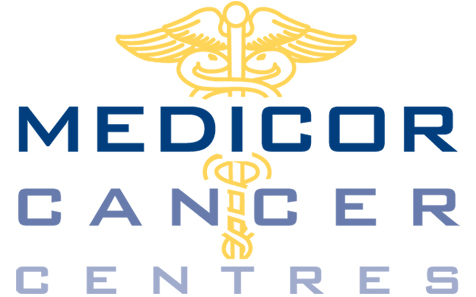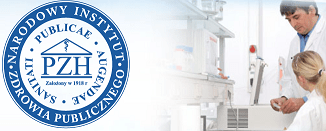VITAMIN D CANCER PREVENTION RESEARCH
CURRENT MEDICAL RESEARCH IN PEER-REVIEWED JOURNALSHumaira Khan, MBBS, MCPS, MHSc, Epidemiologist and CEO
and Akbar Khan, MD, Medical Director

Vitamin D and Inflammation
“Everything from depression to cardiovascular disease to cancer and autoimmune disorders is theorized as having inflammation as a core etiological factor.” “…studies are complicated by the wide variation in doses of vitamin D used as well as the method of administration.” “…we found that 6 out of 7 randomized controlled trials of vitamin D3 [supplementation] in highly inflammatory conditions found significant reductions [of inflammation]” “Vitamin D tends to modestly lower markers of inflammation in highly inflammatory conditions, when baseline 25(OH)D levels were low and when achieved 25(OH)D levels [after supplementation] were higher.” John J. Cannell, William B. Grant, and Michael F. Holick
Use of Vitamin D in Clinical Practice
“…vitamin D deficiency is implicated in most of the diseases of civilization.” “…a meta-analysis of 18 randomized controlled trials [showed that] supplemental vitamin D significantly reduces all-cause mortality…” “Treatment of vitamin D deficiency in otherwise healthy patients with 2,000-7,000 IU vitamin D3 per day should be sufficient to maintain year-round 25(OH)D levels between 40-70 ng/mL.” “Vitamin D-deficient patients with serious illness should not only be supplemented more aggressively than the well, they should have more frequent monitoring of serum 25(OH)D and serum calcium.” John J. Cannell, MD and Bruce W. Hollis, PhD










